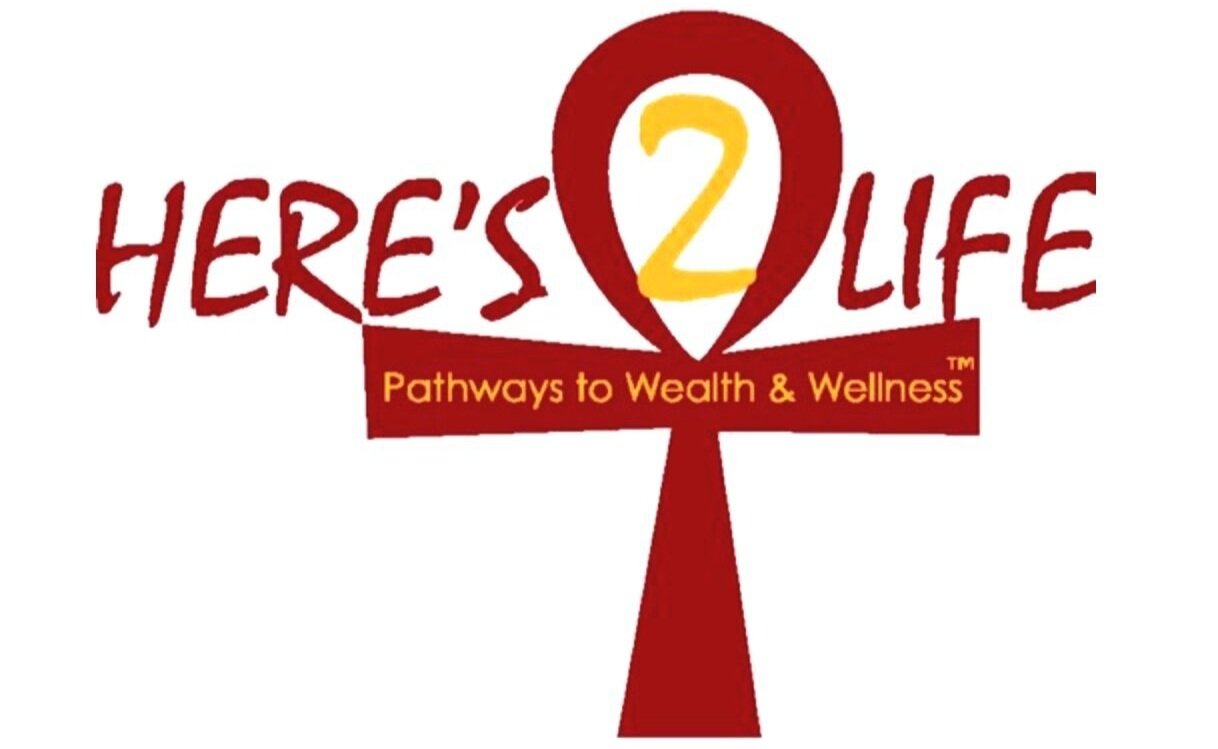Pathways to Wealth and Wellness
Educational Institutions/Organizations
college/University
K12 School Personnel
Community/Faith-Based
Youth/Families
adolescents [Ages 12 - 14]
adolescents [ages 15 - 18]
adolescents [ages 19-24]
Parents/Guardians
Government Funded Agencies/Municipalities
Federal/Federal-Affiliated
State/State-Affiliated
Local/Municipal-Affiliated
What are stakeholders saying?
STAKEHOLDER TESTIMONIALS
“This program helps me get use to speaking to people about myself and topics that are prevalent in society. ”
“Kids are exposed to so many messages in music and media that we have to adapt how we’re presenting our material based on what the world is presenting to them. This approach to teaching does that. ”
“Kids are willing to open their minds to learning about things if it’s something that is relevant to their daily lives.”
“Using the song’s hook gets students interested in what we’re going to study….then that kid would say, ‘wow, really, this is what we’re going to study today?’ But they don’t even realize they are getting ready to learn something about English, or Social Students, or Health, or whatever.”
“One important thing is you have to have an instructor who sees this as more of a Socratic process where you’re facilitating a discussion by asking questions and allowing the kids to come to their own conclusions with guidance, as needed.”
“Training for something like this needs to focus on what values are we trying to carry over to the students.”
“Music and media are things that kids love, that they like and they’re drawn to for some reason, you know. The key question is why is it that kids are drawn to certain themes and messages and why aren’t we addressing those things in school? We must address their emotional and mental health.”
“I recommend this program begin in middle school. The information needs to be presented in a way that younger students understand and build up as the grades move upward. Having these discussions in an educational setting is very important. I approve of this happening.”
“All of the things that your program addresses are things that we want and need to address.”
“The way this is being presented it’s simply values, it’s simply good, solid values that, if people live by this they have substance in their life and they have some purpose in their life as opposed to what is being portrayed.”
“This gives the students who don’t care about school or starting to show signs of being disengaged, or already disengaged, something to care about.”
“I think there should be more of these type conversations at my school because it could help people be aware of how they are being affected unconsciously.”
“I think this approach to teaching and learning would be a very good way to address health education standards because, it’s taking the real-world context and having them pull from the vocabulary used in music to analyze and learn new words and discuss the messages portrayed in the music.”
“I think it’s a good instructional strategy to introduce kids to some of our music as well as being open to listening to some of their music and sitting down with them, especially in an English class or a Social Studies class to identify what is being said.”
“If you’re going to use their music you have to have someone who respects their music. I would only be comfortable having someone trained in deconstructing music with my child because I need to know exactly what the conversation is going to be about.”
“To me, our school district needs to have this. The way this is being presented, religion is not a part of it. It’s simply values, it’s simply good, solid values that, if people live by this they have substance in their life and they have some purpose in their life as opposed to what is being portrayed.”

